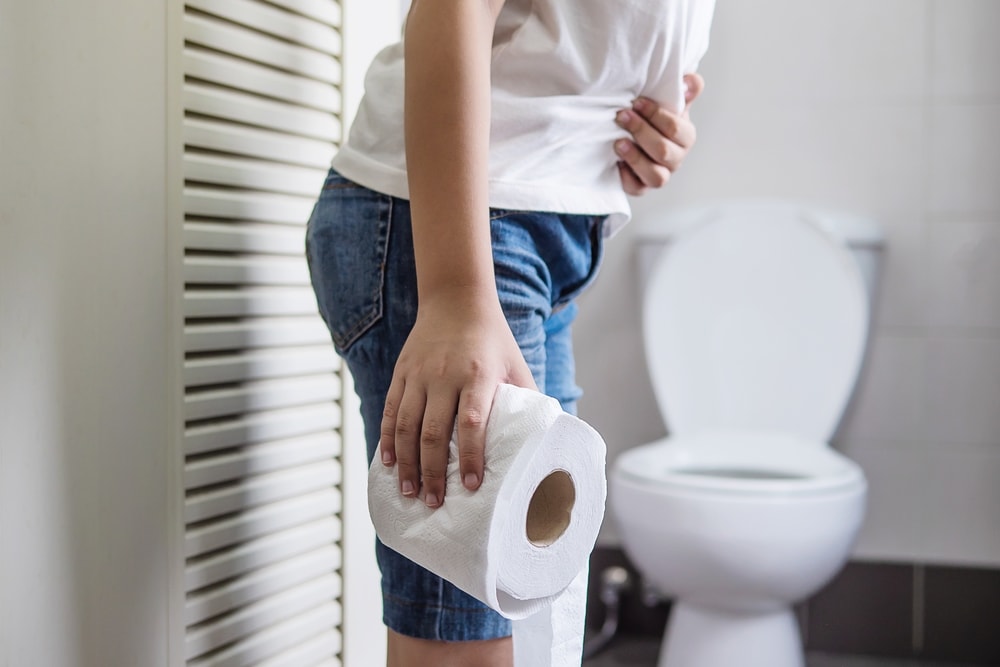A consistent urge to urinate and a feeling of a full-bladder not being able to hold back could be due to the consumption of a lot of water. But what it is a sign of an understated disease or condition of which one is unaware. Doctors and other healthcare professionals have always advised people to drink at least 8 ounces of water every day.
It is necessary to keep yourself hydrated and detox all the impurities via the passage of urination. Still, some people are bound to rush to the washroom even when they are not in the habit of consuming lots of liquid or water. It may be a sign of an overactive bladder.
Overactive Bladder is a condition where a person has a frequent urge to urinate. It becomes almost very difficult for him/her to control this urge, and sometimes, this urge may lead to the unintentional loss of urine. A person might feel that he needs to urinate very often during the day or at night time.
If you consume the right proportion of fluids, it is suitable for the body’s purification through sweating or urinating. Still, sometimes the constant urge to urinate could be due to any prevailing health condition such as Diabetes.
Let’s understand and go through all the given points below to understand what causes an overactive bladder and how to cure it.
What are the causes of an Overactive Bladder?
It is essential to know that to understand what causes an overactive bladder in an individual, it must focus on how a typical and involuntary bladder works, causing a person to want to visit the washroom more than once.
According to experts and physician, describing the role of the bladder would be based on the following categories:
- Normal Bladder Function
Male and female urinary tubes are located separately in their body. The muscles work accordingly, but the functions performed by a bladder are equivalent in both genders. It happens so that the kidney plays the initial role in producing the urine, filtered through the bladder, and reaches a Urethra tube. There is a muscle in the Urethra tube- Sphincter, which at the end opens to release the urine.
The bladder works so that the nerve signals the brain to trigger the need to urinate immediately whenever it fills. These nerve signals also use such as it coordinates with the relaxation of the pelvic floor muscles and the Urethra tube, helping the bladder contract and release the urine.
The urethral ope ing placement is such that in women, the urethral opening is located just above the Vagina, and Men have it on the penis’ tip.
- Involuntary Bladder Contractions
The bladder begins contracting only when there is a certain amount of urine in it. Still, in the case of an overactive bladder, it happens so that the bladder contracts involuntarily even when the level of urine is low. Hence, there is a frequent urge to urinate. There are certain conditions associated with this involuntary contraction that includes:
- Any Neurological disorder occurred in the past
- UTI (Urinary Tract Infection) shows signs which are similar to overactive bladder
- Hormonal Imbalance or entering into menopause phase-in women
- Tumor or Bladder Stone
- Enlarged prostate or constipation could be among other factors that could obstruct a smooth outflow from the bladder.
There are other factors as well that could become a reason behind this involuntary Bladder contraction:
- Any medicine prescribed which creates the urge to urinate again and again
- Excessive consumption of Alcohol or Caffeine
- The urge could be due to incomplete urinating at one go, leading to a little storage left for urine.
- A reducing cognitive ability due to progressing towards aging.
Some Symptoms & Complications related to Overactive Bladder
There are sure signs which could indicate that an individual has an overactive bladder, such as:
- One of the obvious sign is an urgency to urinate very frequently
- Difficulty to control the urge
- Waking up at night more than twice to urinate
- Urinating more than eight times in 24 hours
Other complications are associated with an overactive bladder where incontinence and urgency to urinate could lead to isolation and anxiety in a person. Generally, it is such that this incontinence leads to an inability to control the urine and an unintentional loss of urine. Hence, shame and maintaining distance from social spaces. the other complications might include:
- Disturbed Sleep Cycle
- Issues with Sexuality
- Depression due to isolation
- Emotional distress etc.
What are some of the methods to prevent it?
An aging body can show signs of various kinds of diseases such as cognitive disability, Alzheimer’s, and diabeties, affecting the bladder. There could be bowel control problems in someone with an overactive bladder. In that case, the experts advise wearing specific absorbable garments and following schedules that help individuals manage their overactive bladder.
Some of the preventive measures for this condition are:
- Try to maintain a healthy weight.
- Try to maintain a routine with daily physical exercises and activities.
- If your doctor diagnoses you with an overactive bladder, it is advisable to limit caffeine consumption and alcohol.
- It would be better to quit smoking.
- If you have any prevailing chronic conditions such as diabetes, try to keep it in check and practice a healthy and fruitful regimen.
- Some experts advise that it is necessary to know where one’s pelvic muscles are. This knowledge will help perform specific exercises known as- Kegel, which involves tightening the muscles, holding up the contraction for more than two, and relaxing them for the next 3 seconds. Keep increasing the time of this holding of muscles and relaxing them. Perform it regularly.
If your conditions worsen or indicate an underlying infection, meet your physician as soon as possible, and understand the diagnosis for better treatment.




